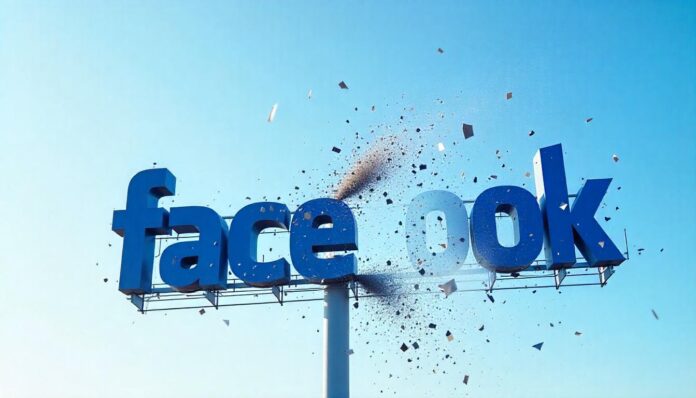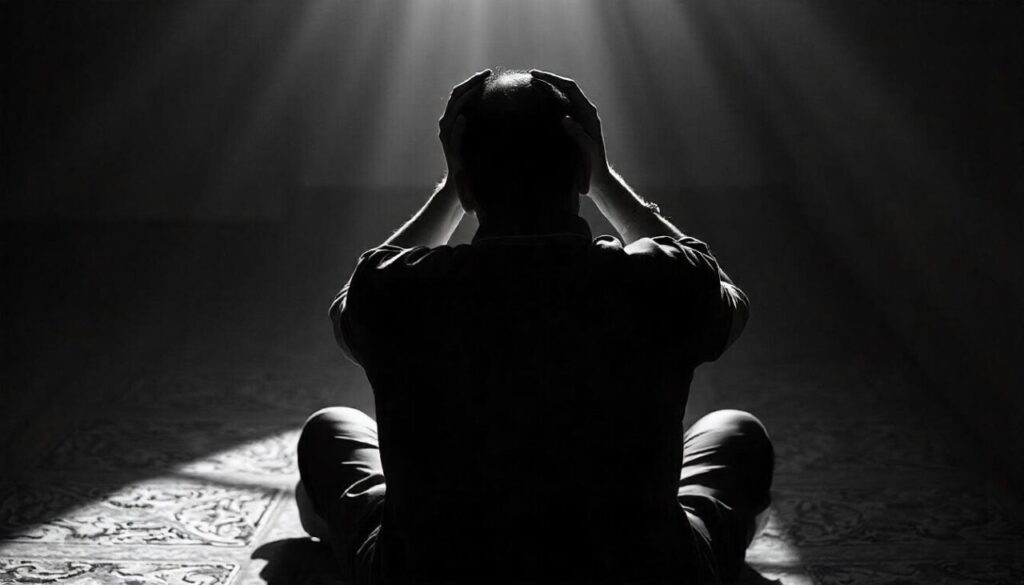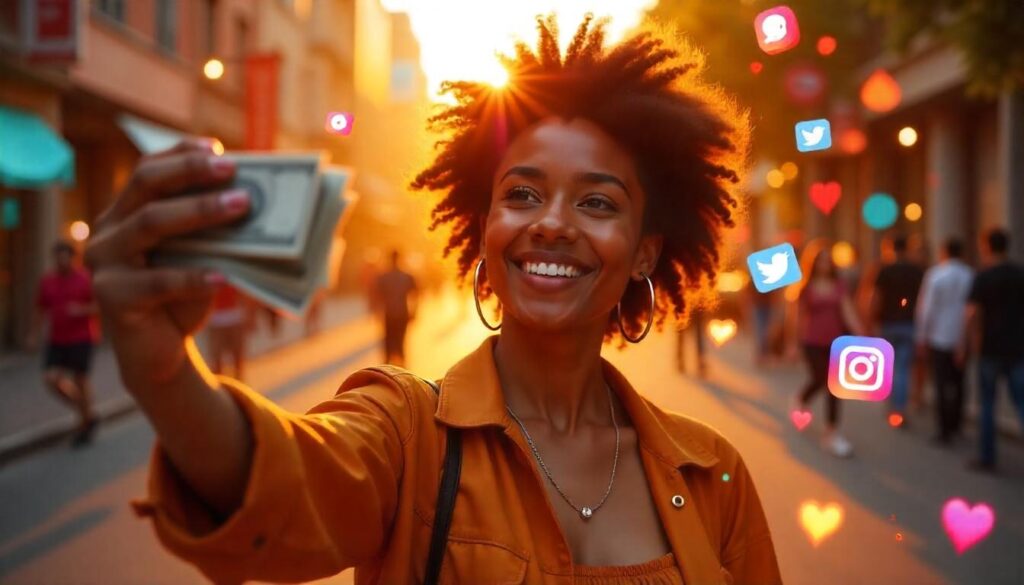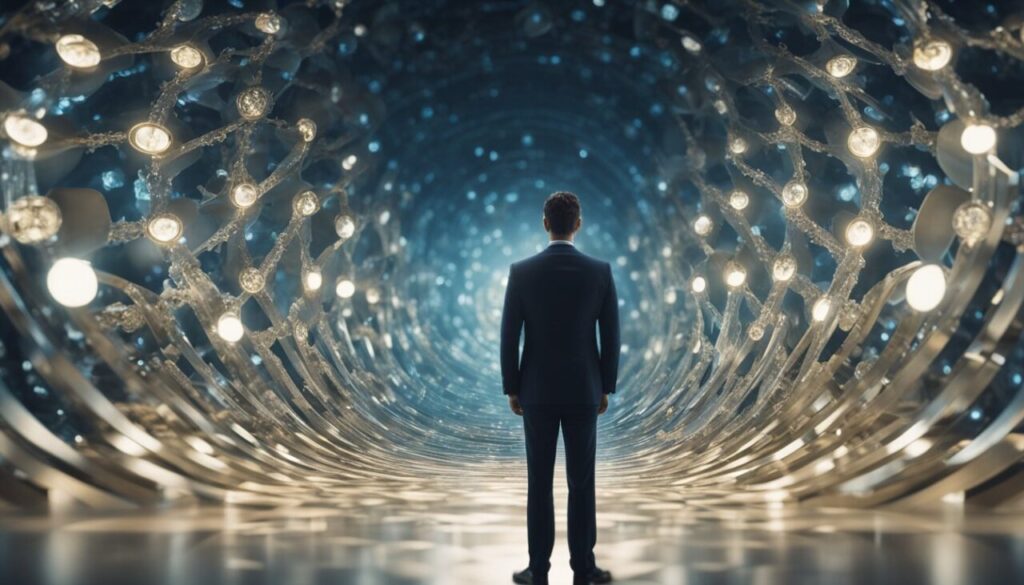
Many people in the world, and especially experts in the field, agree that social media is somehow dangerous to society. Yes, the main slogans and catchwords of those exact social media companies are: “We are connecting the world,” “We’re taking you closer to your loved ones,” “We’re demigods of your social status.”
Ok to be fair, the latter one perhaps not so much, but you get the picture. In reality, social media influenced people and society in such a profound way that this ‘connection’ in the virtual world is, in most cases, pure illusion. And this illusion is impacting every element of society as we know it.
For example, Chamath Palihapitiya, who joined Facebook in 2007 and became its vice president for user growth, said he feels “tremendous guilt” about the company he helped make. At Stanford’s talk, he told the audience: “I think we have created tools that are ripping apart the social fabric of how society works.” Now, those are very important words coming from someone deeply in the industry.
And he is not the only one. Sean Parker, ex-Facebook president, co-founder of Napster, Plaxo, Causes, and investor in many other companies, criticized Facebook at an Axios event, saying, “God only knows what it’s doing to our children’s brains.” He also expressed concerns about the role of Facebook in society, saying that it exploits a vulnerability in human psychology as it creates a “social-validation feedback loop.”
Those are just a few examples as many other people, in and outside of the industry, state similar things about Facebook, Instagram, Tik Tok, or any other social media sites and services. If people in the industry are concerned about those social networks or, to be more precise – what those social networks do to our society, then I think it would be reasonable that every person on Earth should be concerned at least a little bit.
With that, let’s dive a bit deeper and try to categorize exactly which aspects of society are most vulnerable because of social media and what could develop out of it if we continue going in the same direction and with the same or even accelerated pace.
Mental Health and Young People

So, let’s start with the impact on individual people with additional emphasis on younger members of this society. According to a ScienceDaily article published in 2019, mental health issues increased significantly in young adults over the last decade. To put this into perspective, there is no corresponding increase in older adults, according to research published by the American Psychological Association.
Now, this is rather interesting, but probably many of us already expected similar results. Why? Well, because in the last decade, two very important ingredients have become a standard part of our day-to-day lives, and those are smartphones and social media.
Even though social media, and for sure smartphones, are used by older adults, average daily usage is not even comparable. And thus, we see such a big impact on younger people and a much smaller impact on people who are currently in their 50’s, 60’s and 70’s.
Actually, I would say, that the older you are, the less negative impact of social networks you have. This is easily understandable, but let’s see the reasons why depression, anxiety, and other mental health issues are on the rise with the younger population.
Vanity

Primarily, due to the overuse of social networks, people over time begin to act differently in order to fit into some popular behavioral models. We can look at it as a small virtual world in which each individual is his own actor and his own hero.
Everyone wants to show themselves to the world in the best way, but only when the stage lights, aka social networks, are turned on. When the stage lights go out, then many return to their not-so-interesting and glamorous lives. Such a model of behavior or such actions literally leads to a change in the personality of people, especially young people, because they maintain a concept of constant comparison with others.
And therefore, if you are not popular in that world compared to some imaginary celebrity or virtual friend, then you become more and more depressed and anxious every day. There are thousands of examples of teenagers around the world who have started starving just because someone on social media told them they look slightly fat.
It is amazing how much impact this has since a young person is put literally to condemnation and comparison to the whole world. And voluntarily! It certainly cannot end well and cannot have good consequences for one’s own mind and self-seeing. In addition, constant monitoring of other lives and events leads to information overload, which then again leads to depression and anxiety.
This is really the first time in history that we have such a social construct in which all people participate on some public stage, voluntarily share pictures with the whole world and argue with a stranger from another continent about whose dress or hairstyle is better. Pretty amazing!
Add to that the fact that most people are by nature not adapted to the “world stage” that is a social media platform. The average fool today has more followers or greater reach than Aristotle, Seneca, Marcus Aurelius, or any other historical thinker or statesman once had.
And what he or she or they do with that reach – they mostly share pictures of ass, tits, or stupid memes. And it is precisely this incredible amount of nonsense consumed every day by billions of people that in turn contributes to general confusion and mental problems.
So, I named only several examples and scenarios on how social networks are contributing negatively to the mental state of society. There are many others, and books can be written on this topic alone, but let’s explore additional scenarios of how social networks are impacting society in a negative way or how they will impact it in an imaginary but rather possible scenario in the near future.
Social Media Impact and Economy

This scenario is related to jobs and the sustainability of the economy in the world of social networks. Without going deep into macro and microeconomics, I think we can all agree that the sustainability of this economic model depends very much on jobs.
That is, to be more precise, that most people are expected to work until retirement so that the flow of money is constantly circulating and so that the older generations receive a pension based on the solidarity model. That model is not the best, but it is a system that (for now) works. And it works because people choose careers that in one way or another contribute to the economy and enable them to work until so-called retirement.
However, nowadays, more and more people do not want to do “ordinary” jobs and decide to pursue a career as a “star of social networks.” And that’s great, everyone has the right to choose whatever they want, but it seems to me that a lot of people don’t think about the sustainability of their career choices in the longer run.
Namely, if a person is 20 years old and has hundred thousand followers on Instagram, and earns some solid money, that is perfectly fine. However, if we go a little deeper into the topic, then we see that it is (for the most part) largely unsustainable for a longer period.
That is, a lot of so-called social network stars & influencers are popular only for the sake of beauty, youth, or, for example, showing their buttocks from all angles. And that’s okay.
But let’s try to imagine that same kind of career 10 or 20 years into the future. Will they continue to photograph his or her ass in all poses advertising thongs, or will they reshape their career into something else? If so, in what exactly?
Suddenly, while youth passes and beauty is no longer a factor that enables the sale of some goods or advertisements, eh then we come to potential problems. And ok, someone can put up a counterargument saying that such changes in the work environment and career choices have always been in society and always will be, but this time I think it’s about something completely different.
All the time during history, people were also saying that the economy would collapse and that people would lose their jobs because of some new technology. Just think of the industrial revolution or the invention of computers – many have said that millions will lose their jobs.
And many did, but many also started doing some other jobs. However, what is different today is that most social media influencers don’t know how to do anything else, and more importantly, they don’t want to do anything else.
And so, are we going to watch those same people (“influencers”) in their 50s or older showing themselves in thongs on Instagram or Tik Tok? I don’t think we will.
I think there will be some radical economic changes much sooner. Just imagine all those millions of young people who will inevitably grow old and social networks will overwhelm them in one way or another. How will they make a living in that case? Most very difficult, I would say. Some will figure it out quickly enough and reshape their careers, but many won’t, and then they’ll end up on some kind of state aid. And if that happens to enough people, then the system will surely fall to its knees.
If I, as a layman, think about this particular topic, then surely world economists, strategists, and leaders think about it as well. Certainly, people in the World Economic Forum in Davos are discussing the direction of the young generation and what we can expect from them in 20 or 30 years.
It’s a very important topic and looking at today’s teens who are interested in absolutely nothing but Tik Tok or similar things, it certainly becomes a topic of concern. We can’t all be social media influencers, and it seems that most young people want just that. According to a recent survey, about 86% of young Americans stated that they would like to be influencers.
Well, Houston, we have a problem. A lot of these young people will be left disappointed and at the same time unprepared for the many other jobs on the market.
Fake World of Social Media

As I previously mentioned, social networks paint a fake picture of a world where everyone compares themselves to everyone else, and everyone would like to be little stars in their virtual world. Such a model distorts reality which then fuels desires and dreams in young people that are not realistic. This unreality further encourages the creation of an economic tower of cards that could collapse very quickly. Let’s hope it doesn’t go in that direction, but looking at many characteristics of today’s economy, job choices, and vanity trends, it seems that society has turned into the wrong dead-end street.
With social networks, this dead-end street is not lonely as there are many other reasons why social media could lead society to the abyss. I already mentioned the potential for depression, anxiety, and hypothesis about economic problems.
Going further, probably everyone could agree how social networks are destroying what we once knew as friendly human relationships. Of course, those are still here, especially among older people, but bit by bit, social media is changing aspects of human behavior and especially human relationships with other humans. Basically, in one sentence, we could say that relationship between humans and mobile phones is getting stronger while the relationship between humans and other humans is getting worse.
Humans, Their Devices and Their Virtual Networks

Taking this into account, it is necessary to consider in which direction society is moving if social networks already have such an impact. In my high school, no one had a mobile device (and I’m 40), and social networks didn’t even exist.
Despite that or precisely because of that, we tried to meet new people. It was part of a social paradigm. If I wanted to talk to my crush, then I really had to reach out to her and say something. It has always been difficult for everyone. But it was necessary, and I think it was good.
Nowadays, it’s enough to swipe right in the Tinder app to get a potential sexual partner. And all that is fine, but if we look at a longer period of time in the future, then it doesn’t really seem so positive. Namely, human beings have been accustomed to communicating face-to-face for hundreds of thousands of years. And now, through social networks, we have reduced that form of relationship to the push of a button.
So, we threw something out to get something else. But if we throw something out, then that flaw will appear somewhere as a negative thing. And it’s just nowadays appearing. More and more, especially young people, are developing various forms of addiction to their devices and social networks while neglecting real human relationships. It is amazing that today we have an extremely large number of people who have millions of followers, and many of those people do not have the courage to go out of their apartment for weeks, and even if they go out, then they are afraid to look anyone in the eyes. That is really a problem if we look far enough into the future.
Will this “progress” reach such a level that we will all sit in our apartments constantly and socialize only virtually? Looking at what is happening today, it seems that it is almost inevitable. And does that contribute to the overall progress of the human race, or will we be brought to a similar situation as described in the movie Idiocracy? I would say that, as a society, we recently lean more towards the idiocracy scenario than towards something we can view as progress.
So, to answer the question from the beginning of this blog post – are social networks pushing society to the abyss? I would say yes, little by little, but we’ll get there one way or another (see my post about Sex Robots). Zuck will then have a virtual live meeting with the whole world, saying: “In retrospect, this matrix world was inevitable.”
Note: If you're interested in similar articles we'd recommend the following:



























